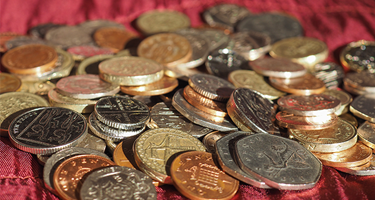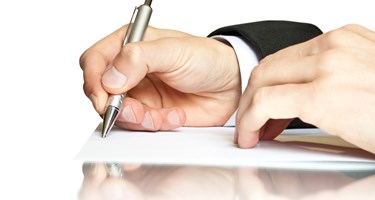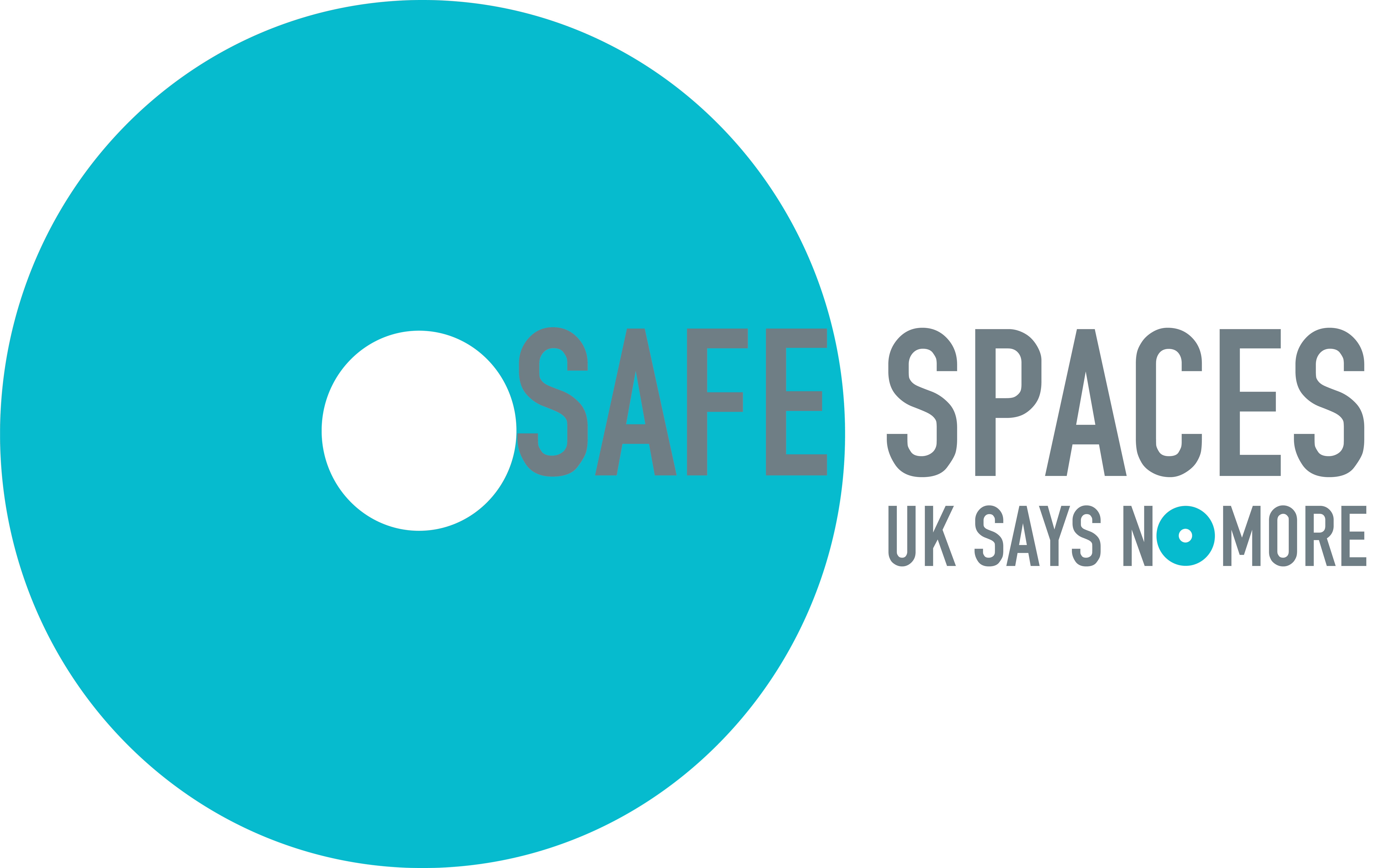Dealing with debt
Finding yourself in debt can be really scary. But there’s help out there and by making changes to how you manage your money you can get your finances back on track.
On this page you’ll find advice on what you should be doing about your debt, how to prioritise your debts and organisations who can help you get back in control.
DOs
- Get professional advice – there are loads of charities out there who want to help you become debt free. See the list below for some useful organisations.
- Use a personal budgeting sheet – use a budgeting sheet to list all incoming money and all necessary expenditure. By doing this you can work out how much you can set aside for paying off debts.
- Cut back on spending– Be smart about how you’re spending your money so you can put more toward repayments. See our ways to save for some helpful tips.
- Start a Debt Management Plan – A DMP could help you manage your debts and pay them off at a rate you can afford by making reduced monthly payments. The Money Advice Service and Stepchange can help you set this up.
- Prioritise your debt – The consequence of not paying off some debts before others can be more serious. See our advice below on how to prioritise repayments.
- If you’ve borrowed money, let them know you’re struggling – whether you’ve borrowed from a bank or friends and family, let them know you’re struggling with repayments - you may be able to come to an agreement.
DON’Ts
- Ignore the problem or try to hide debts – this will just make it worse, the time to do something is now.
- Borrow more money from friends or family to repay debt – This is a short term solution which only increases your debt.
- Use payday loans – The amount of interest charged on payday loans means that borrowing £100 can easily lead to owing the loaner £1000 only making your debt worse
- Take out credit cards to pay off debt – Again, this is just a short term solution which can lead to you falling into even more debt.
It’s really important to prioritise your debt. The consequences of not paying off some debts before others can be more serious such as losing your home by not paying your rent.
The following debts should all be priorities:
- Rent, service charges and mortgage – If you’re having difficulty paying your rent call our Income Team on 0300 373 3000, they’re here to help
- Council Tax
- Gas and electricity bills
- Maintenance and child support
- Court fines
- TV licence
The consequence of not paying off these priority debts could be:
- Being visited by bailiffs
- Receiving a court summons
- Having your electricity, gas or water cut off
- Losing your home
Although it’s really important to try and pay off all your debts, the consequences from not paying your non-priority debts are less serious. However, you should still pay at least the minimum payment on all debts to avoid debts growing.
Your non-priority debts include:
- Overdrafts
- Personal loans
- Banks or building society loans
- Credit card, store card debts or payday loans
- Catalogue, home credit or in-store credit debts
The consequence of not paying off these non-priority debts could be:
- Your creditor could eventually take you to court
- Potential visit from a Bailiff
The following organisations offer free, personalised debt advice and tools to help manage your debt:
- National Debtline – 0808 808 4000
- Step Change – 0800 138 111
- Money Advice Service - 0800 138 7777
- Citizens Advice
Remember: You can call our Income Team on 0300 373 3000, who are here to help if you are having difficulties paying your rent.
You can also download and read our booklets which include a range of financial information and advice covering managing your money, dealing with debt, savings, different types of benefits and more. Your money is suitable for everyone and On the money is aimed at and written for young people.
- Organise your bills so you know what needs paying and by when.
- If you have a bank account, pay your bills by Direct Debit so you know when and how much money is being taken from your account each month.
- Energy bills are a major expense. Make sure you shop around for the best deal for you. Visit www.uswitch.com or www.theenergyshop.com or call the Energy Shop on 0845 330 7247.
- Switch off lights or electrical appliances when they are not needed
- Unplug your mobile phone once it is fully charged
- Reduce your room temperature slightly
- Draw the curtains at night and use draught excluders to stop heat escaping
- Only boil as much water as you need and put lids on pans to trap heat
- Don’t leave taps running when you are not using them, especially if your water is metered.



